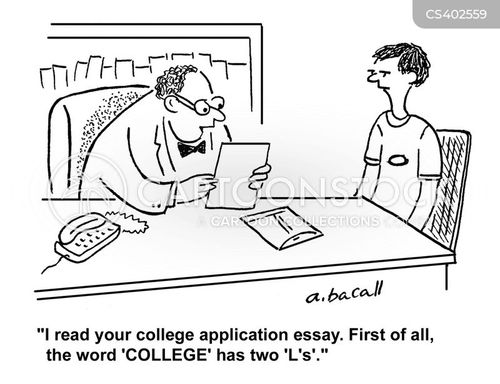Rhetorical Devices
Here is a list of the top 10 rhetorical devices you can refer to on your Rhetorical Analysis essay:
1.
Tone -- The general attitude a writer is using to get their message across. Associated with the emotion the writer or speaker is using. If you use tone in your essay make sure to explain with your commentary why you think they were using this particular tone.
Example: When Abigail Adams is using a concerned tone in her letter to her son it is because she wants him to realize that this moment is a turning point in his life.
2.
Diction -- The choice of words (or phrases) used by a speaker or writer. If you focus on the diction being used try to select words that emphasize a certain idea.
Example: JFK's use of the words "unjustifiable" and "irresponsible" to demonstrate that he is disgusted with the steel industry taking advantage of the American people.
3.
Repetition -- Used to emphasize a point or idea by a writer or speaker. If you decide to use this in your essay make sure it is a word that is used throughout the piece.
Example: Benjamin Banneker referred to Thomas Jefferson throughout his letter as "Sir" to create a sense of respect, even though he was pointing out that Jefferson was being a hypocrite.
4.
Theme -- The overall topic or lesson that a speaker or writer is trying to get across. If you focus on theme you can emphasize the bigger message the writer is making.
Example: When discussing the trend with plastic pink flamingos, Jennifer Price is uncovering how nature is cheapened by consumerism.
5.
Sarcasm (or satire) -- To mock with often satirical or ironic comments with the purpose to amuse or hurt someone or something in society. Remember if you want to state that something is satirical it should be critical of society or an idea.
Example: In the piece about MagnaSoles the writer is using satire to demonstrate how advertisers take advantage of consumers ignorance.
6.
Allusion -- A reference to a historical event, a literary piece, religious connection, etc. If you decide to use allusion in your essay make sure you make a clear connection in your commentary as to why the writer was making this reference.
Example: Abigail Adams alluded to Cicero and Mark Anthony to support her argument that her son is following in the footsteps of great men.
7.
Analogy -- A similarity or comparison between two different things or the relationship between them. If you refer to this in your essay make sure you are clear with your commentary as to why the author is making the comparison.
8.
Style -- The overall way a writer writes. This is a rhetorical device that encompasses many things such as diction, syntax, tone, etc. You can use this as a main idea and then within the body paragraph break down the writer's use of tone, diction, etc. that demonstrates their specific style.
Example: Hawthorne's style is very indicative of the Puritan period in which people were very religious and followed the Bible very strictly.
9.
Syntax -- The sentence structure a writer uses. If you decide to use this in your essay try to point out differences such as longer versus shorter sentences and why they are doing that.
10.
Appeals (Ethos, Logos, Pathos) Remember you do not have to refer to the appeals by name, but you can explain them such as the author is appealing to the audience's emotions, using logic or asserting their credibility.





